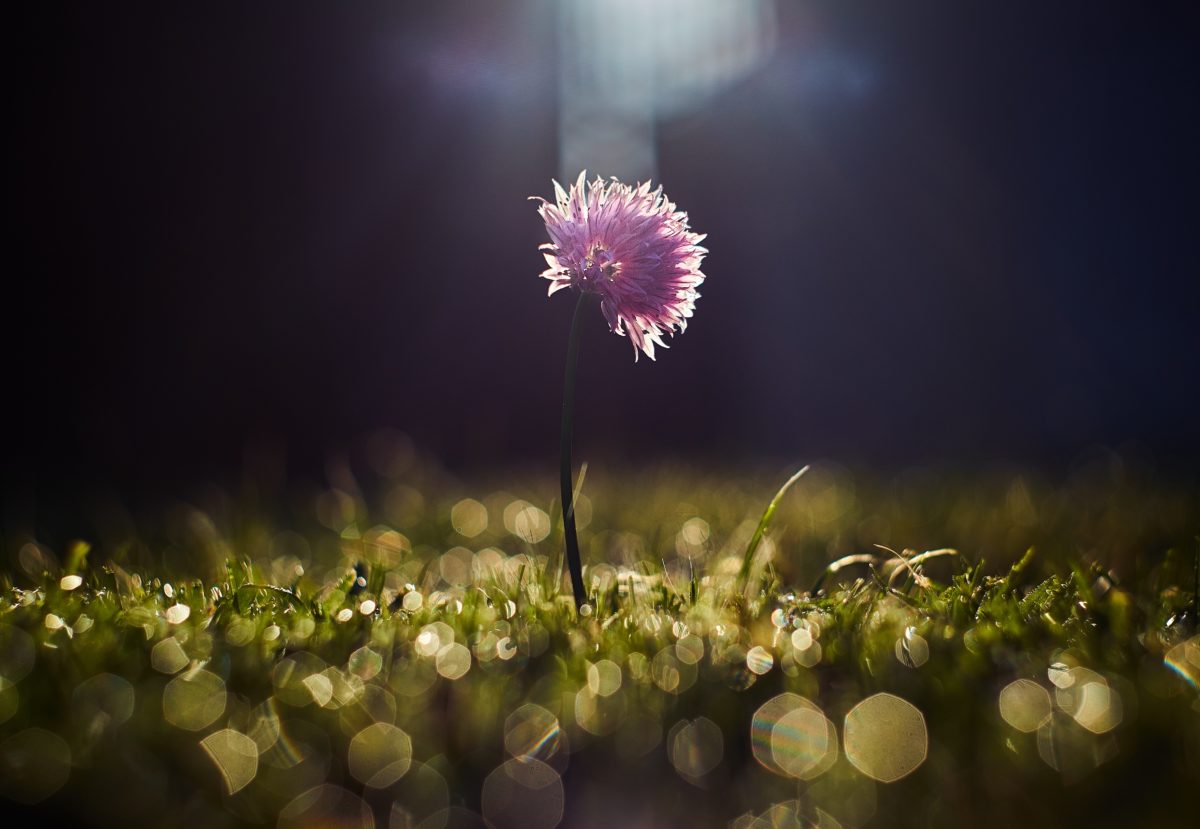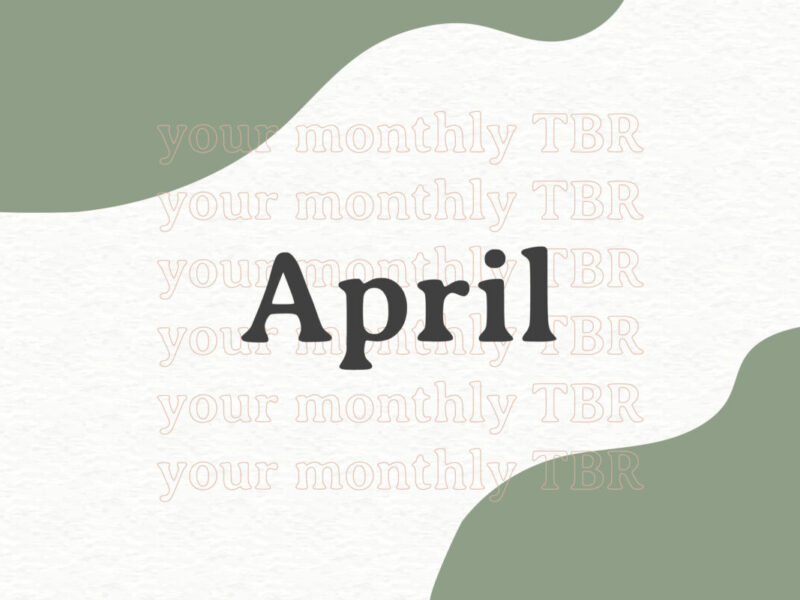Poetry written during the transcendentalist movement is easy to spot; it’s filled with striking sensory imagery that often blurs the line between the speaker and nature. Rosy and romantic, these ten transcendentalist poems are perfect for embracing spring—a time for growth, change, and new beginnings.
1. “Song of Myself” by Walt Whitman
“I loafe and invite my soul,
I lean and loafe at my ease observing a spear of summer grass.
My tongue, every atom of my blood, form’d from this soil, this air,
Born here of parents born here from parents born the same, and their parents the same…”
Known for the strong transcendentalist themes in his poetry, Whitman had a talent for turning simple activities, like lazing in the grass, into vivid dream-like imagery that melds his body with the earth.
2. “Water” by Ralph Waldo Emerson
“…Well used, it decketh joy,
Adorneth, doubleth joy:
Ill used, it will destroy,
In perfect time and measure
With a face of golden pleasure
Elegantly destroy.”
After reading a copy of Leaves of Grass by Whitman, Emerson famously wrote, “I find it the most extraordinary piece of wit and wisdom that America has yet contributed.” But unlike Whitman, Emerson wrote in strict meter and rhyme. In “Water,” he draws attention to the power of an element often taken for granted. He points out that water is both a gift and a threat depending on how it is used.
3. “Low-Anchored Cloud Mist” by Henry David Thoreau
“Low-anchored cloud,
Newfoundland air,
Fountain-head and source of rivers,
Dew-cloth, dream-drapery,
And napkin spread by fays…”
Despite “Low-Anchored Cloud Mist” having a less-than-romantic title, Thoreau decadently praises clouds for filling rivers, fountains, daisied banks, and seas. He finds healing in the dewy, dreamy mist of a low-anchored cloud.
4. “Meditations” by Margaret Fuller
“The clouds are marshalling across the sky,
Leaving their deepest tints upon yon range
Of soul-alluring hills. The breeze comes softly…”
One of the most prominent female writers of the nineteenth century, Fuller was one of the first to apply ideas of Transcendentalism to women in a series of open discussions, giving her the reputation of America’s first feminist. In “Meditations,” Fuller elegantly paints a classic picture of rolling clouds, tinted hills, and a soft breeze which invites readers to experience the soft scene right alongside her.
5. “Fairy Song” by Louisa May Alcott
“For the stars’ soft eyes alone may see,
And the flowers alone may know,
The feasts we hold, the tales we tell;
So’t is time for the Elves to go.”
Best known for authoring Little Women, Alcott also holds an impressive repertoire of nature-laden poems. Inspired by both fantasy and nature, “Fairy Song” appreciates the beauty of moonlight and flowers. It also adds a sense of mystery and magic to the evening, giving Alcott a unique edge compared to the other transcendentalists on our list.
6. “Nothing Gold Can Stay” by Robert Frost
“Nature’s first green is gold,
Her hardest hue to hold.
Her early leaf’s a flower;
But only so an hour.
Then leaf subsides to leaf.
So Eden sank to grief,
So dawn goes down to day.
Nothing gold can stay.”
While Frost’s career came after the transcendentalist movement, he has famously written one of the most heart-wrenching poems with a simple metaphor. In “Nothing Gold Can Stay,” he likens the temporality of a human lifetime to the changing colors of a leaf. This poem reminds readers that youth lasts only for a moment, and even the best of things must always come to an end.
7. “Daisy Time” by Marjorie Pickthall
“See, the grass is full of stars,
Fallen in their brightness;
Hearts they have of shining gold,
Rays of shining whiteness…”
Canadian poet and writer Pickthall is known for her rejection of modernism. She wrote romantic verse unwaveringly in the nineteenth century despite the burgeoning transition to modernism during her time. “Daisy Time” sort of turns the world upside-down as Pickthall compares the daisies in the grass to stars in the sky.
8. “Today” by Billy Collins
“If ever there were a spring day so perfect,
so uplifted by a warm intermittent breeze…
…that you felt like taking
a hammer to the glass paperweight
on the living room end table,
releasing the inhabitants
from their snow-covered cottage
so they could walk out,
holding hands and squinting
into this larger dome of blue and white,
well, today is just that kind of day.”
Former U.S. Poet Laureate, Billy Collins is known for his conversational and quirky style that puts a profound spin on the everyday business of living. In “Today,” he creates a unique and playful scene of freeing the characters from inside a glass paperweight just to enjoy the weather.
9. “Rebirth” by Alex Elle
“there will be moments when
You will bloom fully and then
Wilt, only to bloom again.
If we can learn anything from
Flowers is that resilience is born
Even when we feel like we are
Dying.”
Committed to helping others find their voices, Elle’s writing falls in step with the transcendentalists’ emphasis of individuality. In this poem from Neon Soul, Elle likens human resilience to that of a flower—wilting and blooming again and again.
10. “the sun and her flowers” by Rupi Kaur
“sunflowers worship the sun i tell him.
only when it arrives do they rise
when the sun leaves
they bow their heads in mourning…”
It should come as no surprise that the bestselling author Rupi Kaur draws on nature quite a bit throughout The Sun and Her Flowers. The poet likens her lover’s importance to her to the importance of the sun to flowers in this poignant extended metaphor.
Transcendentalism inspired a deep respect for nature, humankind, and the self that remains evident in poetry today. If you’re feeling inspired, try pulling from nature to write your next poem. Let yourself relax, reconnect, and renew—just like the blossoms and the trees do.




